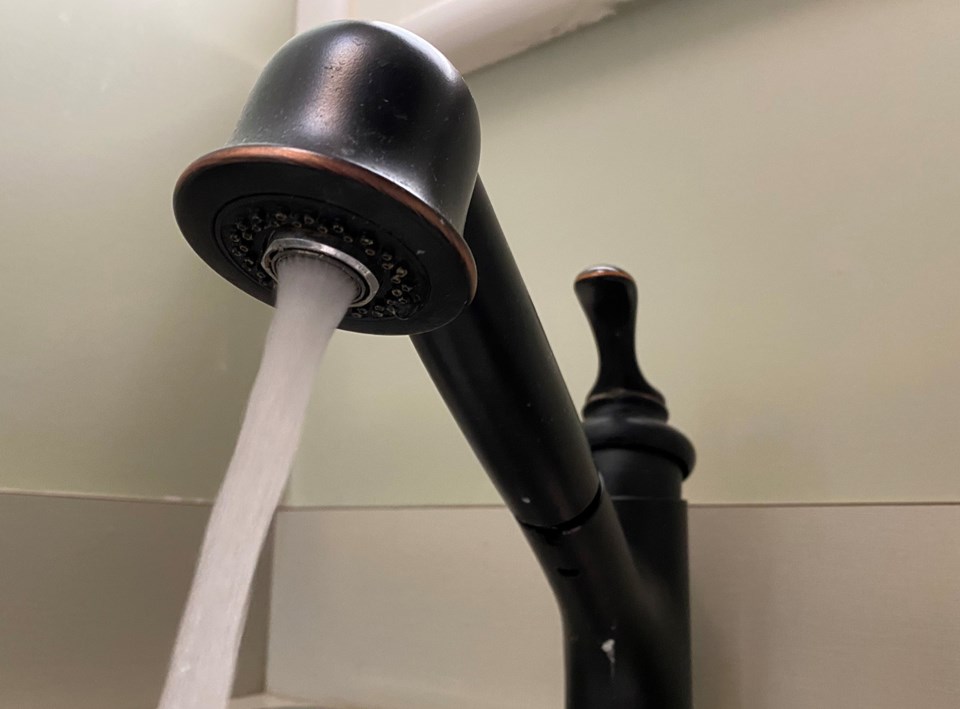Farms in the City of Delta and elsewhere could benefit from residuals from the treatment process that makes our drinking water safe.
Metro Vancouver’s Water Committee at its Sept. 7 meeting received an update report on beneficial uses of drinking water treatment residuals, generated by the Seymour Capilano Filtration Plant consisting of sediments, naturally occurring organic matter and treatment chemicals.
Since 2017, the regional district has been sending the residuals to Lafarge Canada Inc.’s cement plant in Richmond, up to 9,000 tonnes annually, to be used as a replacement for red shale, one of the raw materials in cement manufacturing.
Through the initiative, Metro’s Water Services has diverted approximately 40,000 tonnes of residuals from the Vancouver Landfill in Delta, while also saving more than $2.6 million in disposal fees.
Meanwhile, Lafarge’s use of the residuals replaced approximately 10,000 tonnes of red shale, which would otherwise have been supplied from a quarry.
The report notes that due to both planned and unplanned shutdowns of the Lafarge plant, Metro Vancouver sent drinking water treatment residuals to the landfill for disposal between November 2020 and March 2021, as well as multiple times in 2022.
The landfill disposal resulted in additional expenditures of approximately $410,000 in 2020 through 2022.
To reduce or eliminate landfill disposal, Metro Vancouver needs to expand the beneficial use options for the residuals, the report notes, adding that, since 2015, the regional district has been exploring the potential to use the residuals as a tool for binding excess phosphorus in agricultural soils.
Excess phosphorus in soil contributes to eutrophication of nutrient-sensitive water systems, but the use of residuals in phosphorus-rich soils could reduce the potential environmental risk associated with phosphorus runoff from ongoing manure fertilization in the agricultural sector.
The report notes that the most recent operational trial has shown that the aluminum-based drinking water treatment residuals are effective in binding phosphorus in agricultural settings that are already considered a high-risk site for phosphorus runoff.
The trial also indicated that there are no negative impacts to vegetation where the residuals were utilized.
Metro Vancouver will continue trials in the sector with the goal of improving operational feasibility while realizing agronomic and environmental benefits, the report adds.




